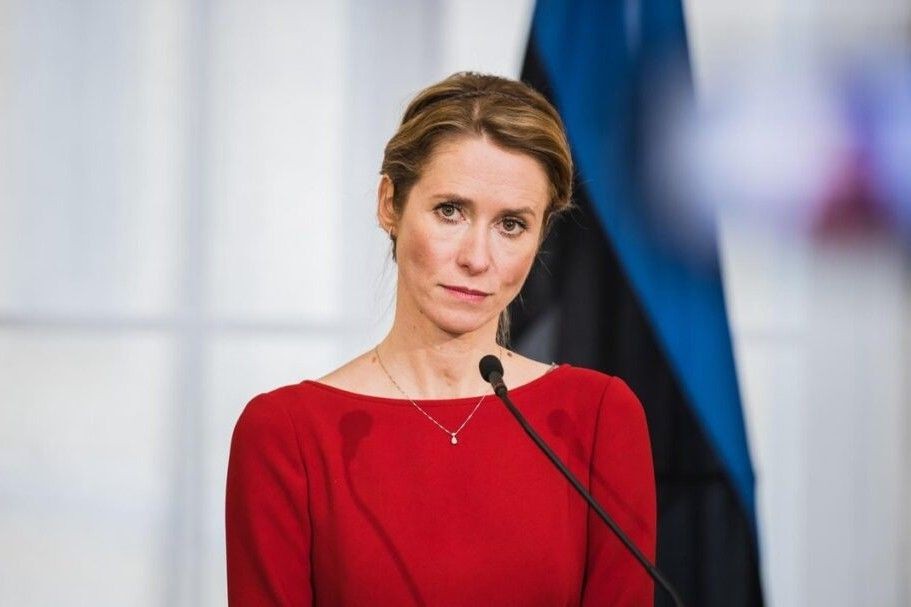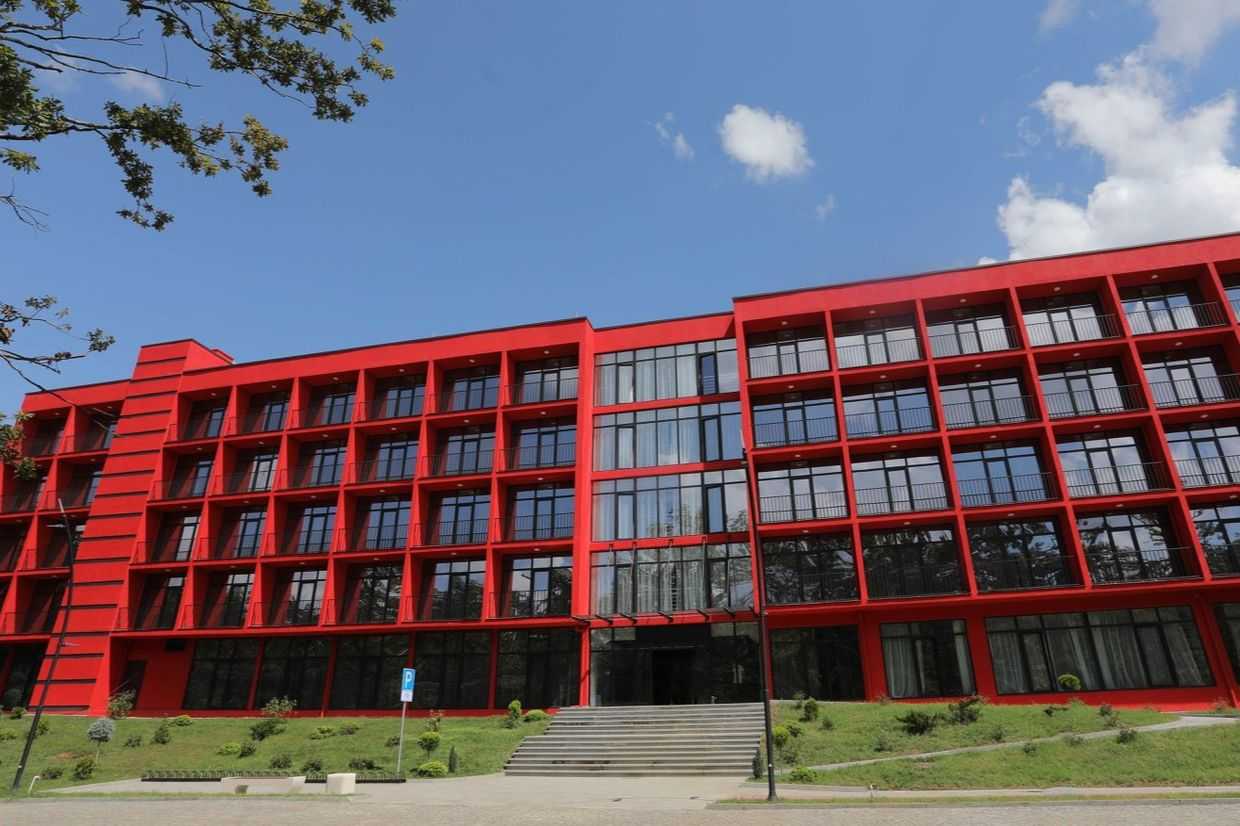
The EU is sending a letter to Georgia ‘today’ concerning the possible suspension of the country’s visa-free access to the bloc, said the EU’s top diplomat Kaja Kallas on Tuesday.
‘[Georgia] must meet certain conditions, and if those conditions are not fulfilled within the deadline, we will have to suspend the visa-free regime’, Kallas said.
In her remarks on Georgia, Kallas also said that a proposed sanctions package would be announced that included two judges in light of ‘sentences handed down against young protesters [that] are really, really disproportionate’. She conceded that passing additional sanctions was difficult because it required unanimity among member states.
Since Georgia secured EU candidate status in 2023, relations between Tbilisi and Brussels have plummeted, spurred on by a variety of actions taken by the ruling Georgian Dream party that are widely seen as eroding the country’s democratic institutions.
The EU, along with the US and the UK, have imposed a number of sanctions and other punitive measures in response, as well as suggesting others.
One of the moves that has been floated is the suspension of Georgia’s visa-free access to the EU, which was originally granted in 2017 and remains one of Georgian Dream’s oft-cited foreign policy victories.
So far, the proposal has yet to come to fruition, although the EU Council has ruled that the visa-free status for Georgian diplomats should be revoked, a move seen as largely symbolic as Georgian diplomats can still travel with their normal passports.
Unlike passing sanctions, suspending visa-free status can be agreed on with just a qualified majority, meaning 55% of EU member states representing at least 65% of the total EU population.
RFE/RL journalist Rikard Jozwiak wrote on Tuesday that there was increasing support for suspending the visa-free status, with Sweden arguing that such a move could be taken after the municipal elections in October, a position that is reportedly backed by several other countries.
At the same time, Jozwiak reported that there were still some holdouts, namely Greece and Slovenia, which argue that the suspension ‘should be taken as an absolute last resort’. There have been arguments put forth that the suspension would disproportionately impact ordinary Georgian citizens, rather than officials from the ruling party who are the ostensible targets. There are also other countries, particularly Hungary and Slovakia, which are firmly opposed to any punitive actions taken against Georgia.
The sentiment was echoed in a resolution passed by the EU Parliament earlier in July which condemned Georgia’s democratic backsliding.
The resolution called for a review of Georgia's visa-free status, and added that Georgian Dream was ‘fully responsible for any consequences stemming from the possible suspension of the visa-free regime for Georgian citizens’.
At the same time, the resolution stressed the importance of the visa liberalisation act for civil society actors, human rights activists, journalists, and others ‘both for travelling to the EU to inform European actors of developments in Georgia, but also for enabling them to quickly leave the country, as many face political persecution by the authorities’.











